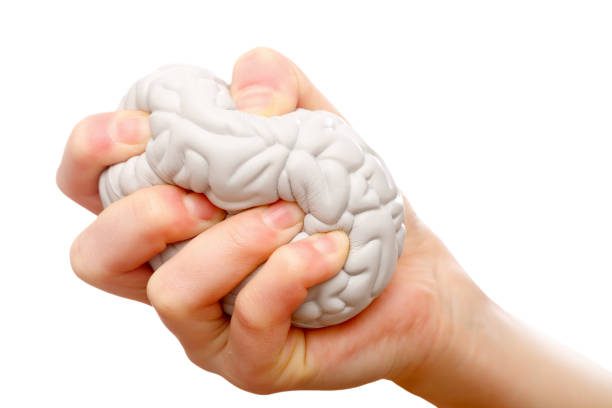⚠️ Medical Disclaimer
Important: This content is for informational and educational purposes only. It should not be used as a substitute for professional medical advice, diagnosis, or treatment. Always consult with a qualified healthcare provider before making changes to your diet, taking supplements, or if you have questions about a medical condition. Never disregard professional medical advice or delay seeking it because of information you read here.
Last Updated on April 19, 2024 by Grace Oluchi
Hey! let’s talk about impulse control disorders. It’s all about how sometimes, we can’t help but act on our urges, even when they’re not good for us.
Listen To This Article.
The Key Takeaway.
It’s okay to ask for help if you’re struggling with this.
What Is Impulse Control?
Impulse control is like having a brake in your brain. It helps you stop and think before you do something that might hurt you or others. It’s superrr important in life, like when you’re dealing with friends, work, or health. Some people find it hard to control their feelings and actions and end up doing things on the spur of the moment that they later regret.
What Is Impulse Control Disorder?
Impulse control disorders are when you have a really hard time controlling your feelings or actions. These disorders can make you do things over and over again, even when they’re harmful.
Is Impulse Control Disorder a Mental Illness?
Yes, impulse control disorder is a type of mental illness. In the Diagnostic and Statistical Manual of Mental Disorders (DSM-5) It’s when you can’t resist doing things that could hurt you or others.
Types of Impulse Control Disorder.
There are a few different types, like:
- Intermittent explosive disorder: This is when you have sudden outbursts of anger or aggression.
- Kleptomania: This is when you can’t resist the urge to steal things, even if you don’t need them.
- Pyromania: This is when you get a thrill from setting fires.
- Trichotillomania: This is when you can’t stop pulling out your own hair.
- Compulsive gambling: This is when you can’t resist the urge to gamble, even when it leads to big problems.
Causes of Impulse Control Disorder.
- Genes: Some people might be more likely to get it because of their family history.
- Brain chemistry: It might have to do with certain chemicals in your brain.
- Environment: Things like stress or traumatic experiences might increase your risk.
- Personality: If you’re impulsive or love taking risks, you might be more likely to get it.
- Mental health: If you have other mental health issues, like anxiety, you might be more likely to get it.
- Substance abuse: If you have a problem with drugs or alcohol, it might increase your risk.
You May Also Read
- Is Catfish Healthy? Risks and More.
- Borderline personality disorder relationship.
- Benefits of regular physical activity on mental health.
- Hibiscus Tea: 8 benefits of drinking of hibiscus tea
- Why Do I Have Lower Right Abdominal Pain?
Symptoms of Impulse Control Disorder.
- You keep doing things on impulse that hurt you or others.
- You find it hard to control your urges.
- You feel tense or excited before you act on an impulse.
- You feel guilty or ashamed afterwards.
Effects of Impulse Control Disorder.
- Money problems: You might spend too much money or get into debt.
- Legal problems: You might end up breaking the law.
- Relationship problems: It can cause issues with your family, friends, or partner.
- Work problems: It can affect your job or career.
- Physical harm: You might hurt yourself or others.
- Emotional distress: You might feel really bad about yourself.
Diagnosis of Impulse Control Disorder.
A mental health expert, like a psychologist or psychiatrist, can diagnose impulse control disorder. They’ll ask about your symptoms, medical history, and other important stuff.
Treatment for Impulse Control Disorders.
Treatment can involve medication, therapy, and behavior changes. You might also find it helpful to join a support group or make some lifestyle changes.
How Common Are Impulse Control Disorders?
Impulse control disorders aren’t that common. Only about 1% to 5% of people have them. But, these numbers might not be fully accurate, because a lot of people don’t seek help or get diagnosed.

